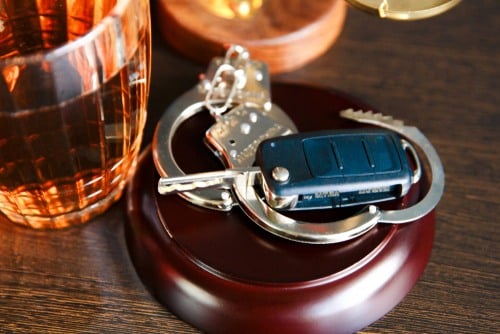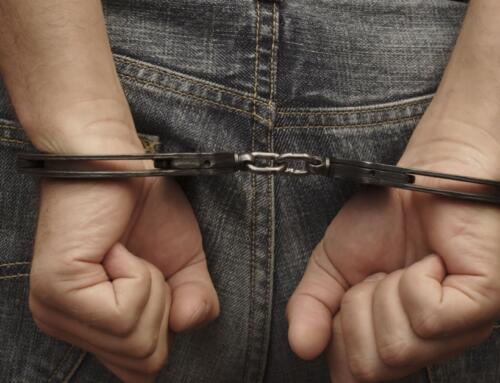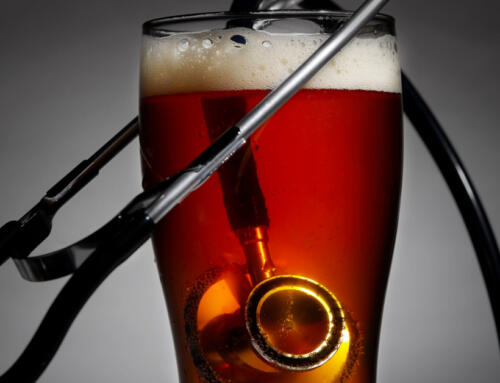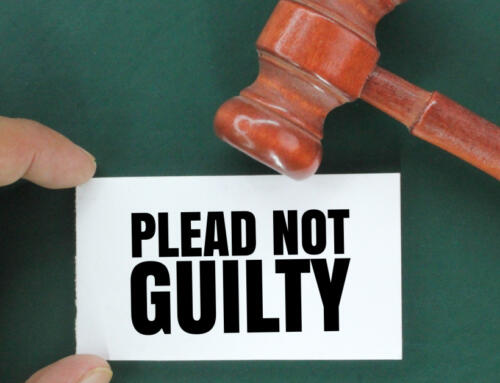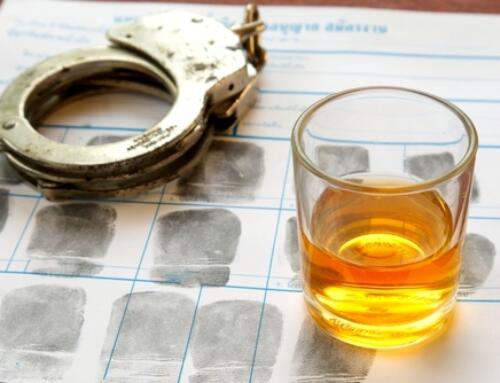Let’s say you got pulled over for driving under the influence (DUI), and let’s say that you admitted to being drunk behind the wheel. If you confessed to a DUI, is your case over? Is it time to plead guilty and try to move on with your life?
In a word, “No.”
While admitting to driving under the influence is not ideal, it also is not the nail in the coffin that most people think. Even if you confessed to DUI on the side of the road, you could still have several options for mitigating the consequences of your arrest—and potentially for avoiding a conviction entirely.
5 Key Questions When You Confess During a DUI Stop in Pennsylvania
What are your options if you admitted to driving drunk in Pennsylvania? Here are five key questions that will determine the defenses you have available:
1. What Did You Actually Admit?
The first and most important question is: What did you actually admit? In other words, what exactly did you say to the police officer who arrested you? In many cases, people will think that they confessed to driving under the influence when this isn’t actually the case. For example, let’s say you told your arresting officer that you had been drinking. This still leaves open questions such as:
- When were you drinking?
- What did you drink?
- How much did you have to drink?
Drinking before you get in the driver’s seat does not automatically make you guilty of DUI. There are multiple “elements” to a DUI charge in Pennsylvania, and prosecutors need to prove much more than the simple fact that you had something to drink at some point in the past.
2. Did the Police Violate Your Constitutional Rights During (or After) Your DUI Stop?
Now, let’s say that you did in fact confess to being drunk behind the wheel. Even in this scenario, you have options available.
One option you might have is to keep your confession out of court. You can do this by showing (or having your lawyer show) that the police violated your constitutional rights. For example, your confession may be inadmissible in your DUI case if:
- The police stopped you without reasonable suspicion (in violation of your Fourth Amendment rights);
- The police arrested you without probable cause (also in violation of your Fourth Amendment rights); or,
- The arresting officer interrogated you in custody without reading the Miranda warning (in violation of your Fifth Amendment rights).
All of these are grounds to have your confession (and potentially other evidence) suppressed in your DUI case. If prosecutors can’t use your confession against you, then it is like you never confessed.
3. What Other Evidence Does the Prosecution Have Against You?
When facing a DUI charge after confessing on the side of the road, it is also important to find out what other evidence the prosecution has against you. While a confession can serve as strong evidence of guilt, this isn’t necessarily the case. For example, along with the various issues we’ve already discussed, what if you got scared and “admitted” to driving drunk when you weren’t actually under the influence? Or, what if you assumed that you were under the influence because you had been drinking, but your BAC wasn’t actually over the legal limit?
If your confession is all prosecutors have against you, it is still entirely possible that an experienced DUI defense lawyer will be able to help you avoid a conviction. Your confession isn’t the last word; and, as we’ve already discussed, it isn’t even necessarily evidence that you were drunk behind the wheel.
4. Do You Qualify for Accelerated Rehabilitative Disposition (ARD)?
While you might be able to avoid a DUI conviction by challenging the relevance or admissibility of your confession, you might also be able to avoid a conviction by entering into Pennsylvania’s Accelerated Rehabilitative Disposition (ARD) program. This program is available to first-time offenders, and it provides an opportunity to avoid a conviction regardless of the facts of your case. If you qualify for ARD and you complete the program successfully, your DUI charge will be dismissed. This is true even if you were driving drunk—and even if you admitted to being drunk behind the wheel.
5. Can You Get Your Charge Reduced?
Even if you don’t have any options for avoiding a conviction entirely, you may still be able to avoid the severe consequences of a DUI by getting your charge reduced. If you hire an experienced DUI defense lawyer, your lawyer may be able to negotiate a plea bargain that reduces your charge to a “wet reckless” or another charge that is far less serious than a DUI. Plea bargains reducing DUI charges to “wet reckless” charges are fairly common, and pleading to a “wet reckless” charge is a far better option than simply accepting the consequences of your arrest.
What Should You Do if You Admitted to Drinking During Your DUI Arrest in Pennsylvania?
Given that you may have a variety of options available, what should you do if you admitted to drinking during your DUI arrest? Any time you are facing a DUI charge in Pennsylvania, the best thing you can do is contact a defense lawyer as soon as possible. Your lawyer will be able to determine how best to handle your case in light of the facts at hand, and then your lawyer will be able to represent you in court or in plea deal negotiations, if necessary.
Request a Free Consultation with DUI Defense Lawyer Brian Fishman in Philadelphia, PA
Brian Fishman is a defense lawyer and former Philadelphia prosecutor who has extensive experience on both sides of DUI cases in Pennsylvania’s state courts. If you are facing a DUI charge, he can use his experience to protect you. To discuss your options with Mr. Fishman in a free and confidential consultation, call 267-758-2228 or tell us how we can reach you online now.

